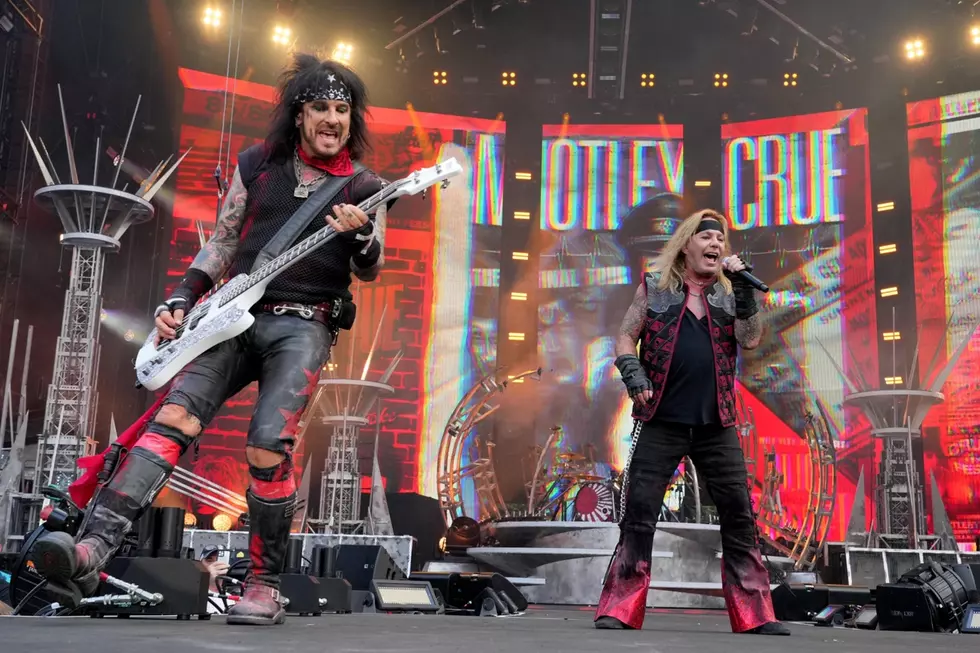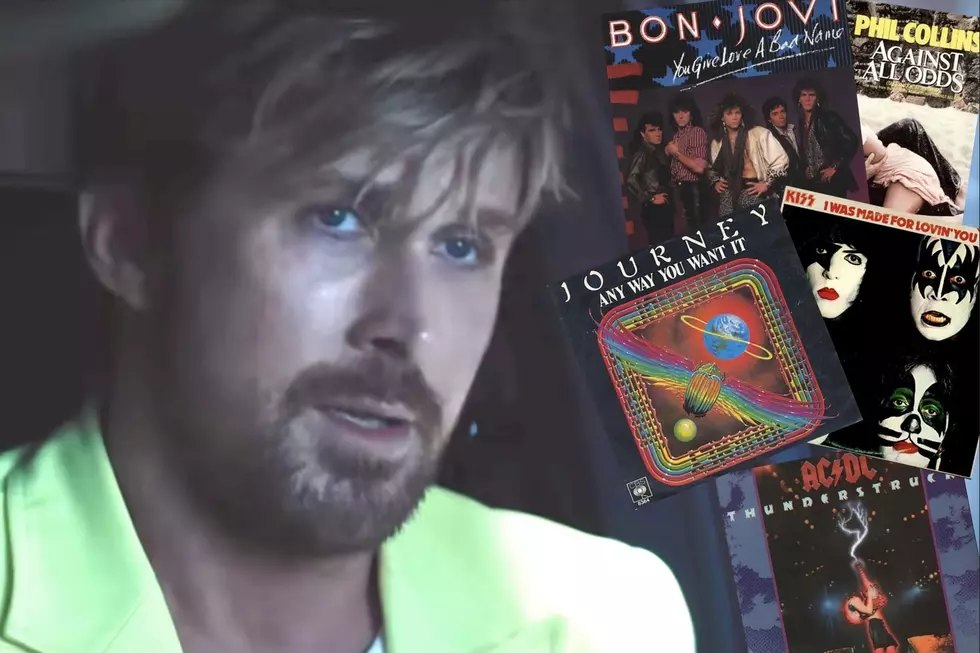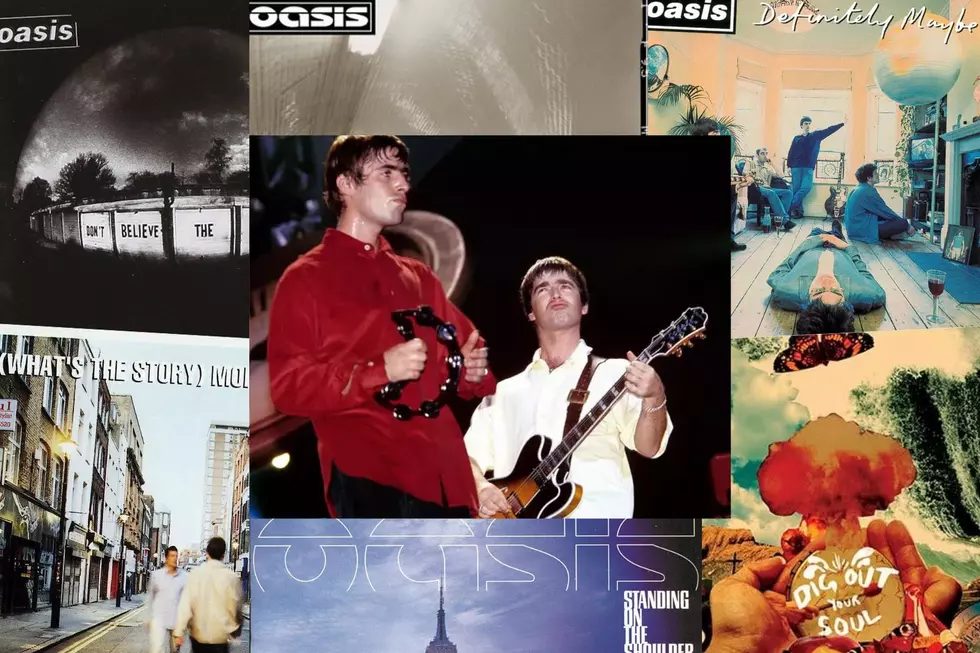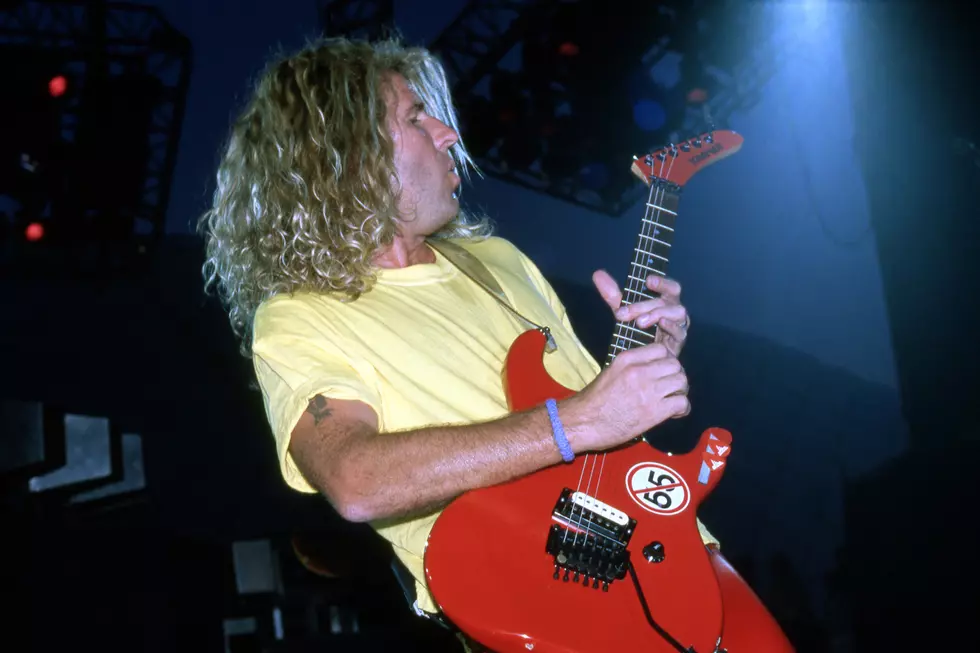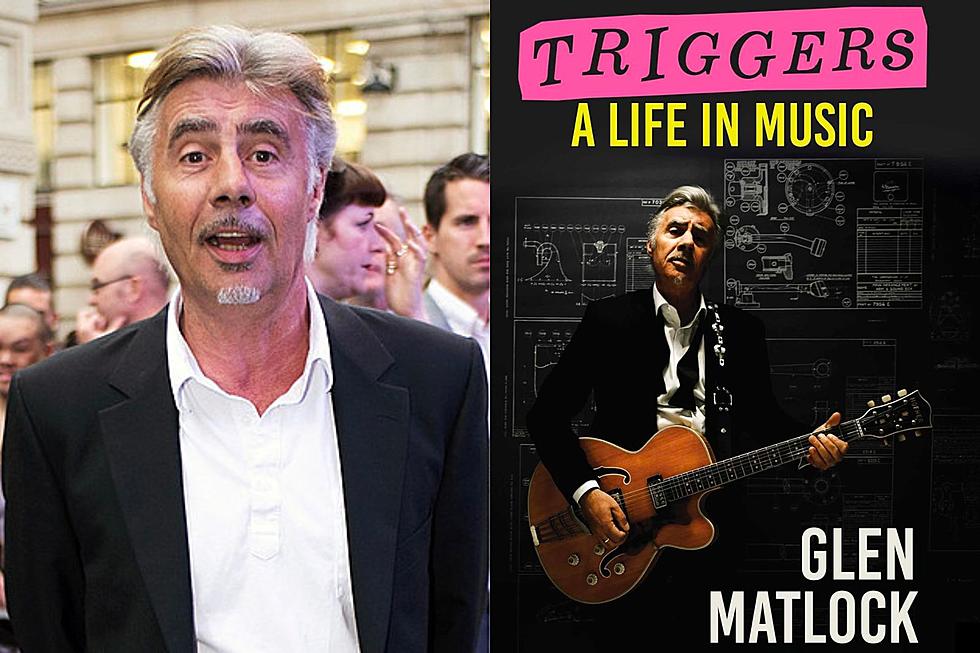
Glen Matlock’s Side of the Sex Pistols Story: Exclusive Interview
The reality of being in a band — or frankly any group of people with varying personalities — is that not everyone will have the same memories of their time together.
There is perhaps no greater example of this than the Sex Pistols, who made their debut in 1975 and turned the London music scene upside down in a matter of three years. Their one and only album, Never Mind the Bollocks, Here's the Sex Pistols, came out in 1977, and effectively changed the way thousands of young musicians thought of what subversion could sound like. There would, arguably, be no such thing as "punk" music as it's known today with the Sex Pistols.
Glen Matlock, bassist and songwriter for the Pistols, was just 20 years old when he left the band, before Bollocks was even released. At the time, it was reported that he'd been fired due to liking the Beatles, an unequivocally false claim. But, Matock writes in his new memoir, Triggers: A Life in Music, "as with everything with the Pistols, there are varying accounts of what unfolded."
Matlock's first book, 1996's I Was a Teenage Sex Pistol, "got kinda lost," as he recently told UCR, and a fair amount has happened since then, including a reunion tour that took place that same year. In his new book, available Feb. 20, Matlock aims to tell his side of the Sex Pistols story, as well as recount the career he's had since their dissolution. Below, Matlock discusses some stories from the book and dispels a few rumors along the way.
One of the reoccurring themes of your book is the idea of things happening sort of by chance. You write about getting [future Sex Pistols manager] Malcolm McLaren's phone number out of the blue, for instance. Looking back now, how much of your journey do you think was being in the "right place at the right time," so to speak?
I certainly been in the right place at the right time. Sometimes you put yourself in the right place at the right time by taking a tiny little gamble. ... Somebody else had mentioned this shop down on King's Road [SEX boutique, operated by McLaren] and I'd never been to Kings Road. And I got on a bus and I found this place, and there was something about it that, you know, just by some kind of gut reaction, and yes, there was a sliding doors kind of moment. But also, I put myself in that slightly sliding doors position. ... You can sit at home waiting for the phone to ring with a very right phone call and turn everything down, but it never happens!
What do you think would have been different had you not grown up in working class Britain? That seemed like a pretty key element of your story.
I don't know, it's so kind of deeply ingrained within my psyche. I don't really know any different. I think one of the best quotes I've ever heard – it was actually Keith Richards, you know, more of a later article. ... They asked him, you know, "Alright, we've asked you these questions, I just want to ask you a daft question now, Keith. How much is a pint of milk?" And Keith Richards said, "Well, hell, I don't know, man, I've been a rockstar all my life." Well, I don't know. I've been an ex-Sex Pistol all my life and it's just kind of revolved around me.
I don't want to give away too many of the stories in your book, but I really did laugh at the part where you describe an idea being pitched that involved a rock opera based on the life of Sid Vicious. What was the vision behind that?
It was just a daft idea. But it was when we reformed, [that] we'd kinda come out with the thing that people would least expect of us, you know? [mimics a loud orchestra] "Oh Sydney, you're such a panic!"
I weirdly feel like it would have done well, had it happened. And then also, Steve Jones' pitch to put on a reunified Sex Pistols show at Caesar's Palace in Las Vegas. But nobody there was into that idea.
I was into that idea. And we did come try and contact them. But we was told where to go in no uncertain terms by the Caesar's Palace. ... They could [have gone] "The Sex Pistols Live at Caesar's Palace," in brackets "In Rhinestone."
What do you wish people understood about the Sex Pistols that you don't think they do?
That we were miserable po-faced gits you know? There was a real whole sense of humor in the Sex Pistols. It's kind of like there's this whole tradition of pantomime, and vaudeville in England.
This is somewhat unrelated but I've been doing some research on Joni Mitchell lately, and there's a Rolling Stone article from 1997 in which Morrissey interviews her himself. And he asked her about the myth that you were fired from the Sex Pistols because you listened to Joni Mitchell and the other guys couldn't stand it. I've read your book, so I know that's not true, but do you have any idea where that came from?
Morrissey asked Joni Mitchell that? What did she say?
She said she had never heard that rumor.
I've never heard that either. ... I like Joni Mitchell but I'm not a big fan of her. But do you know why I'm not a big fan of her?
When I was playing with Iggy Pop in 1979, we was in New York, and we had a couple of days off, and I got invited along to sort of an art gallery [event], which was basically people in bands who had done paintings, like a soiree, you know, early evening in the West Village in New York or something. I didn't really know where I was at the time. ... And there were some people standing around with glasses of wine and canopies. And I was chatting to somebody and there was another group of people doing like that. It was a bit of a squeeze. And the woman in the [next group] just stood back and trod on my toe with her stiletto heels on. And I went "Oh, you cow!" And it was Joni Mitchell! And I've still got a split toenail.
20 Times Keith Richards Insulted Other Musicians
Gallery Credit: Matthew Wilkening
More From Ultimate Classic Rock
